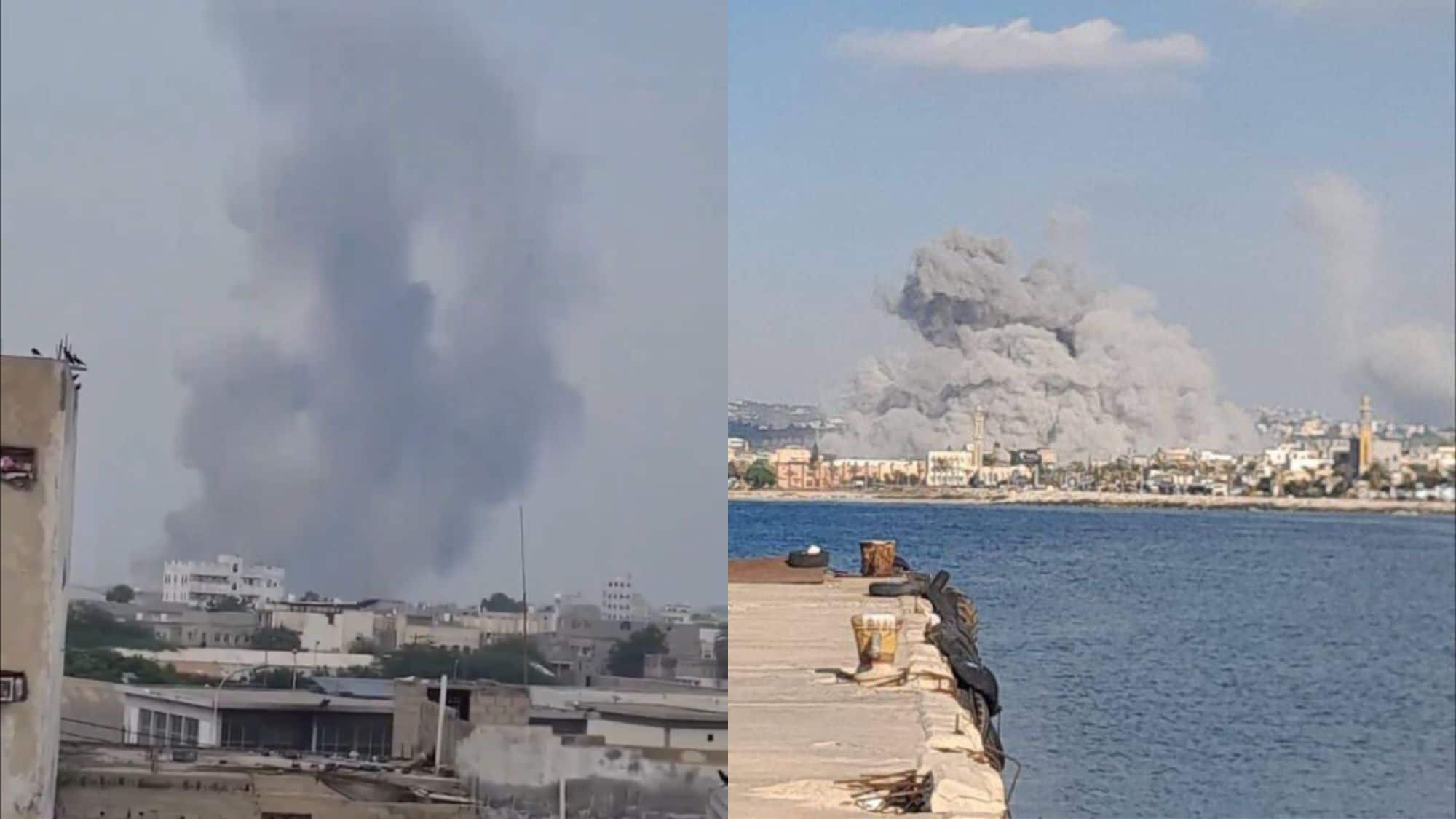Israeli Military Responds to Houthi Attack with Airstrikes in Yemen
The ongoing tensions in the Middle East have escalated dramatically following a recent ballistic missile attack by Houthi forces on Ben Gurion Airport in Israel. In a show of force, the Israeli military launched extensive airstrikes targeting Houthi positions in Yemen, specifically focusing on key infrastructure in the Red Sea port city of Hodeida.
Details of the Airstrike
According to the Israeli Defense Forces (IDF), the air operation involved dozens of aircraft, including fighter jets and reconnaissance planes. Captain David Avraham, an army spokesman, confirmed that the targets included power plants and critical sea port facilities in the Ras Issa and Hodeida areas. This coordinated attack marks a significant escalation in the Israel-Houthi conflict, with the Israeli military stating, “We are holding the Houthi terrorist regime accountable for its actions.”
Impact of the Houthi Attack on Israel
The missile strike on Ben Gurion Airport occurred as Israeli Prime Minister Benjamin Netanyahu returned to the country after addressing the United Nations General Assembly. This timing underscores the increasing threats faced by Israel, particularly from Iran-backed groups like the Houthis and Hezbollah. Following the attack, Netanyahu vowed that Israel would not tolerate such aggression and would take decisive action against its adversaries.
Escalation of Regional Conflicts
Israel’s counterattacks are taking place amidst a highly volatile situation in the region, particularly with ongoing Israeli airstrikes in Lebanon. Recently, Israeli operations resulted in the deaths of key Hezbollah leaders, including Hassan Nasrallah. On the heels of Nasrallah’s death, Israeli airstrikes reportedly also killed Nabil Kouk, another prominent figure in Hezbollah. This series of events highlights the fragility of peace in the region as hostilities continue to escalate.
Concerns Over Regional Stability
The Houthis, known for their openly hostile stance against Israel, mourned the losses of their ally, Hassan Nasrallah. The sentiment among Iranian-backed factions suggests that the elimination of their leadership could embolden Israeli military actions. Analysts have expressed concerns that these developments may lead to further instability in the region, drawing in more factions and possibly escalating into wider armed conflict.
Conclusion
As the situation unfolds, both the Israeli military and the Houthi forces remain on heightened alert. The international community watches closely, knowing that these aggressive actions could have far-reaching implications not only for the Middle East but also for global security. With increasing military engagements and complex alliances, the potential for further escalation looms large over the region.












